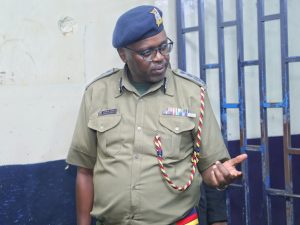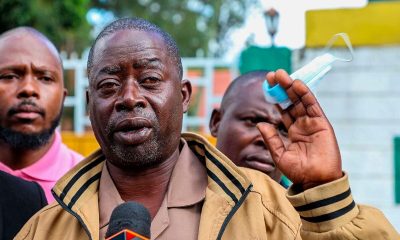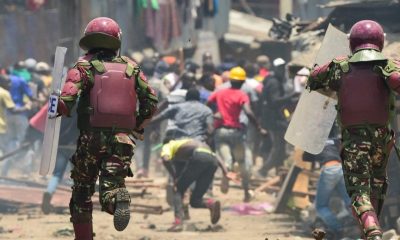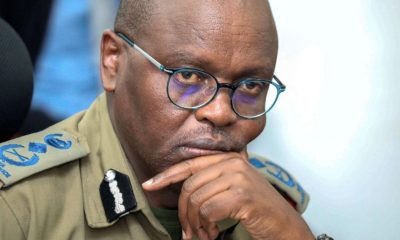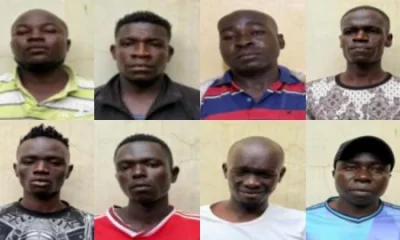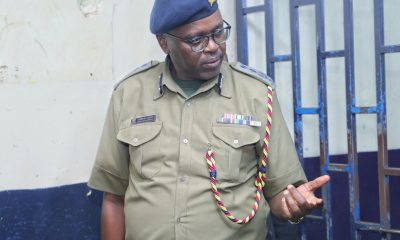News
IPOA Denies Exonerating DIG Lagat in Ojwang’s Murder Probe
IPOA Chairperson Issack Hassan categorically denied the circulating reports, describing them as “misleading” and emphasizing that investigations into Ojwang’s death remain “active.”
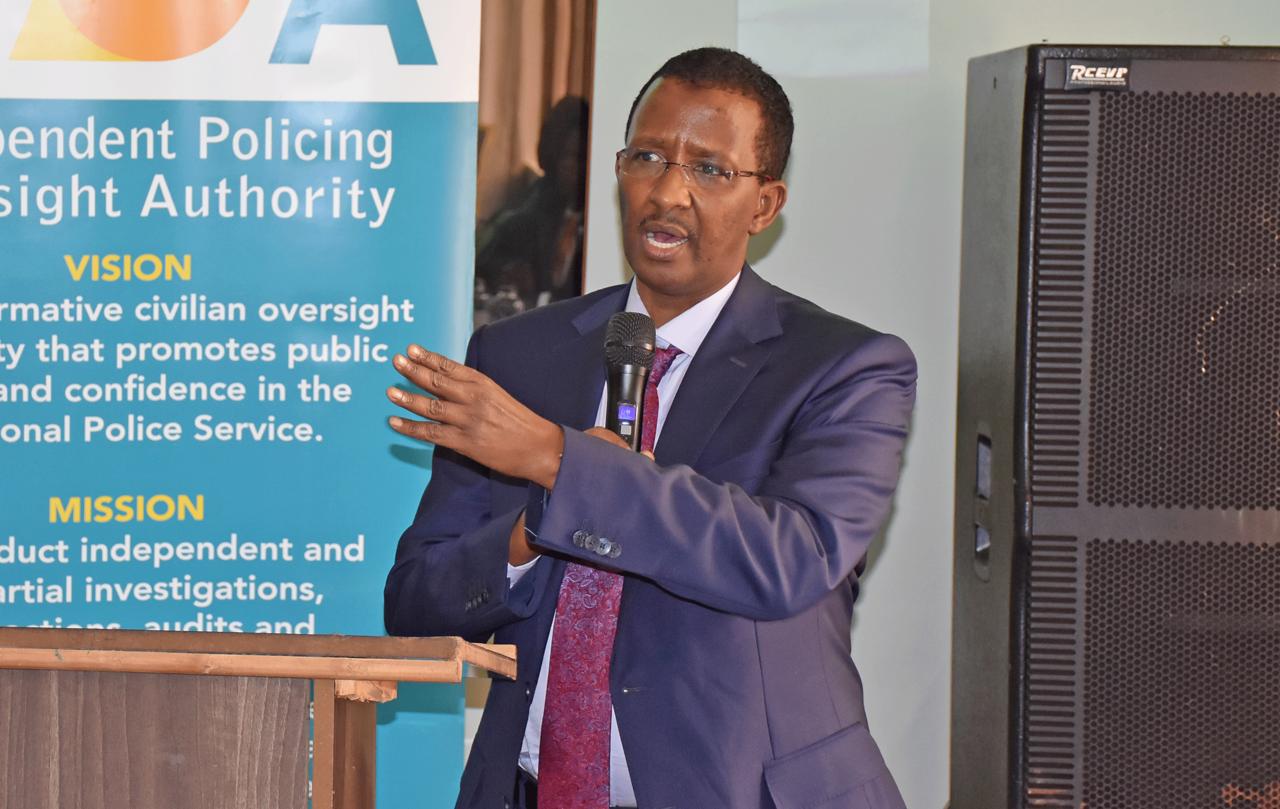
Investigation into teacher’s death in police custody remains active as legal challenges mount
The Independent Policing Oversight Authority (IPOA) has moved swiftly to dispel reports suggesting it has cleared Deputy Inspector General of Police Eliud Lagat in connection with the murder of teacher and blogger Albert Ojwang.
In a statement released Monday, IPOA Chairperson Issack Hassan categorically denied the circulating reports, describing them as “misleading” and emphasizing that investigations into Ojwang’s death remain “active.”
“IPOA’s investigation is still active, and therefore, the reports that the Authority has exonerated Lagat are misleading,” the statement read. “If the investigations find him culpable, IPOA will make appropriate recommendations to hold him to account.”
The clarification comes as public scrutiny intensifies over the circumstances surrounding Ojwang’s death on June 8, 2025, while in custody at the Central Police Station.
The case has become a flashpoint for concerns about police accountability and the treatment of suspects in custody.
The IPOA statement coincided with ongoing court proceedings where activist Eliud Matindi has challenged Lagat’s potential return to office.
However, High Court Justice Chacha Mwita declined to issue interim orders blocking Lagat from resuming his duties, instead directing the Deputy Inspector General to file his official response by July 23.
The legal maneuvering reflects the broader public interest in ensuring accountability in a case that has captured national attention.
Matindi’s court challenge, while lacking detailed public specifics, appears to question the propriety of Lagat’s continued tenure given the ongoing investigations.
Lagat’s current situation stems from his decision to step aside on June 16, 2025, following sustained public pressure over Ojwang’s death.
In his statement at the time, Lagat cited his “responsibilities” and the “ongoing nature of the investigations” as reasons for temporarily vacating his role.
“In the good and conscious thought of my role and responsibilities as the Deputy Inspector General of Kenya Police Service and in view of the ongoing investigations into the unfortunate incident of the death of Albert Ojwang, I have today opted to step aside,” Lagat stated.
The move came after several police officers on duty at the Central Police Station during Ojwang’s detention were suspended, signaling the seriousness with which authorities were treating the incident.
IPOA has indicated that preliminary investigations have identified suspects who have since been arraigned in court, though the authority has not provided specifics about these individuals or their alleged roles in Ojwang’s death.
The ongoing investigation represents a critical test for IPOA’s independence and effectiveness in overseeing police conduct.
The authority’s ability to conduct thorough, impartial investigations while managing public expectations and legal challenges will likely influence public confidence in the oversight system.
The National Police Service (NPS) has also dismissed reports about Lagat’s return to his Vigilance House office in Nairobi, suggesting coordination between various law enforcement agencies in managing the situation.
As the legal and investigative processes continue, the case serves as a reminder of the delicate balance between due process and public accountability in high-profile cases involving law enforcement officers.
The death of Albert Ojwang has become more than an individual tragedy; it has evolved into a broader conversation about police custody procedures, oversight mechanisms, and the protection of citizens’ rights while in state custody.
Kenya Insights allows guest blogging, if you want to be published on Kenya’s most authoritative and accurate blog, have an expose, news TIPS, story angles, human interest stories, drop us an email on [email protected] or via Telegram
-

 News1 week ago
News1 week agoTHE FIRM IN THE DOCK: How Kaplan and Stratton Became the Most Scrutinised Law Firm in Kenya
-

 Investigations2 weeks ago
Investigations2 weeks agoMulti-Million Dollar Fraud: Three Kenyans Face US Extradition in Massive Cybercrime Conspiracy
-

 Economy2 weeks ago
Economy2 weeks agoIran Demands Arrest, Prosecution Of Kenya’s Cup of Joe Director Director Over Sh2.6 Billion Tea Fraud
-

 Africa2 weeks ago
Africa2 weeks agoFBI Investigates Congresswoman Ilhan Omar’s Husband’s Sh3.8 Billion Businesses in Kenya, Somalia and Dubai
-

 Business2 weeks ago
Business2 weeks agoA Farm in Kenya’s Rift Valley Ignites a National Reckoning With Israeli Investment
-

 Grapevine7 days ago
Grapevine7 days agoA UN Director Based in Nairobi Was Deep in an Intimate Friendship With Epstein — He Even Sent Her a Sex Toy
-

 News2 weeks ago
News2 weeks agoTragedy As City Hall Hands Corrupt Ghanaian Firm Multimillion Garbage Collection Tender
-

 Arts & Culture2 weeks ago
Arts & Culture2 weeks agoWhen Lent and Ramadan Meet: Christians and Muslims Start Their Fasting Season Together

